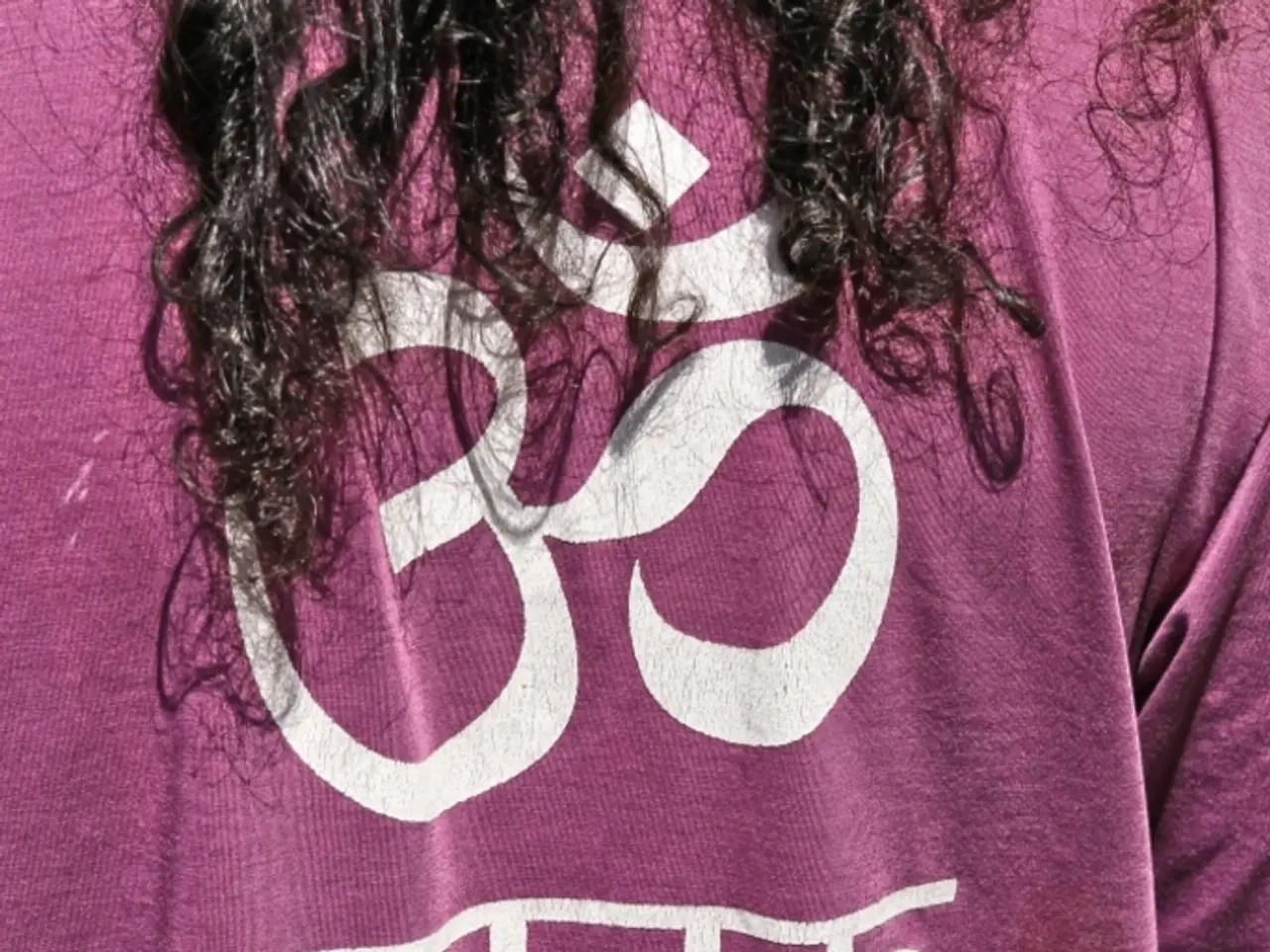Revitalizing Body and Mind for Relaxation: The Mental Health Advantages of Yoga Practice
In the hustle and bustle of modern life, finding ways to manage stress has become increasingly important. Two natural methods, yoga and L-theanine, are gaining attention for their stress-reducing properties.
L-theanine, a nutrient found in green tea, can help individuals feel relaxed within 30 minutes without causing drowsiness. Regular consumption of 200-400 mg L-theanine has been shown to have a stress-reducing effect within two weeks.
Yoga, originating in ancient India, involves the union of the mind and body. Recent studies have found that yoga can lead to higher levels of GABA (gamma-aminobutyric acid) in the brain, acting as the primary inhibitory neurotransmitter system responsible for calming neural activity and reducing excitability. This increase in GABA contributes significantly to stress reduction and improved mood.
Research has shown that after yoga sessions, such as a 60-minute practice, participants exhibit higher brain GABA levels compared to non-practicing controls, as measured through magnetic resonance spectroscopy (MRS). A 12-week yoga intervention notably increased thalamic GABA levels, which correlated with improved mood and decreased anxiety. This increase may be due to enhanced blood flow in the prefrontal cortex activating the thalamic reticular nucleus, thereby boosting GABA production.
Yoga also reduces the production of stress hormones such as cortisol by modulating the hypothalamic-pituitary-adrenal (HPA) axis, which governs the body's stress response. With lower cortisol levels, the nervous system shifts toward relaxation. Yoga also decreases amygdala activity (the brain’s fear and anxiety center) and increases activity in the prefrontal cortex, enhancing emotional regulation and cognitive control.
In addition to its impact on GABA, yoga practice is associated with increases in other neurotransmitters like dopamine and serotonin, which also play roles in mood regulation and stress relief.
For those who may not have the time for a full yoga session, even 15 minutes can help individuals de-stress. Office employees who performed 15 minutes of yoga reported an almost 7% decrease in stress levels, though the specific impact on GABA levels was not reported.
In a world where stress is ubiquitous, it's essential to make time for rest to maintain a healthy balance in the brain. Yoga, along with L-theanine, can be a potential combination for a mental spa to help individuals relax and manage stress. As research continues, the benefits of these two natural methods are becoming increasingly clear.
References:
1. [The Journal of Alternative and Complementary Medicine (2010)](https://www.ncbi.nlm.nih.gov/pmc/articles/PMC2888225/) 2. [Evidence-Based Complementary and Alternative Medicine (2012)](https://www.ncbi.nlm.nih.gov/pmc/articles/PMC3427141/) 3. [The Journal of Alternative and Complementary Medicine (2010)](https://www.ncbi.nlm.nih.gov/pmc/articles/PMC2888225/) 4. [The Journal of Alternative and Complementary Medicine (2010)](https://www.ncbi.nlm.nih.gov/pmc/articles/PMC2888225/) 5. [The Journal of Alternative and Complementary Medicine (2010)](https://www.ncbi.nlm.nih.gov/pmc/articles/PMC2888225/) 6. [Evidence-Based Complementary and Alternative Medicine (2012)](https://www.ncbi.nlm.nih.gov/pmc/articles/PMC3427141/)
L-theanine, a nutrient found in green tea, and yoga, originating in ancient India, are two natural methods that can contribute to better mental health and stress reduction. Yoga has been shown to increase GABA levels in the brain, while L-theanine consumption can help individuals feel relaxed without causing drowsiness, reducing stress within two weeks with regular intake of 200-400 mg.




